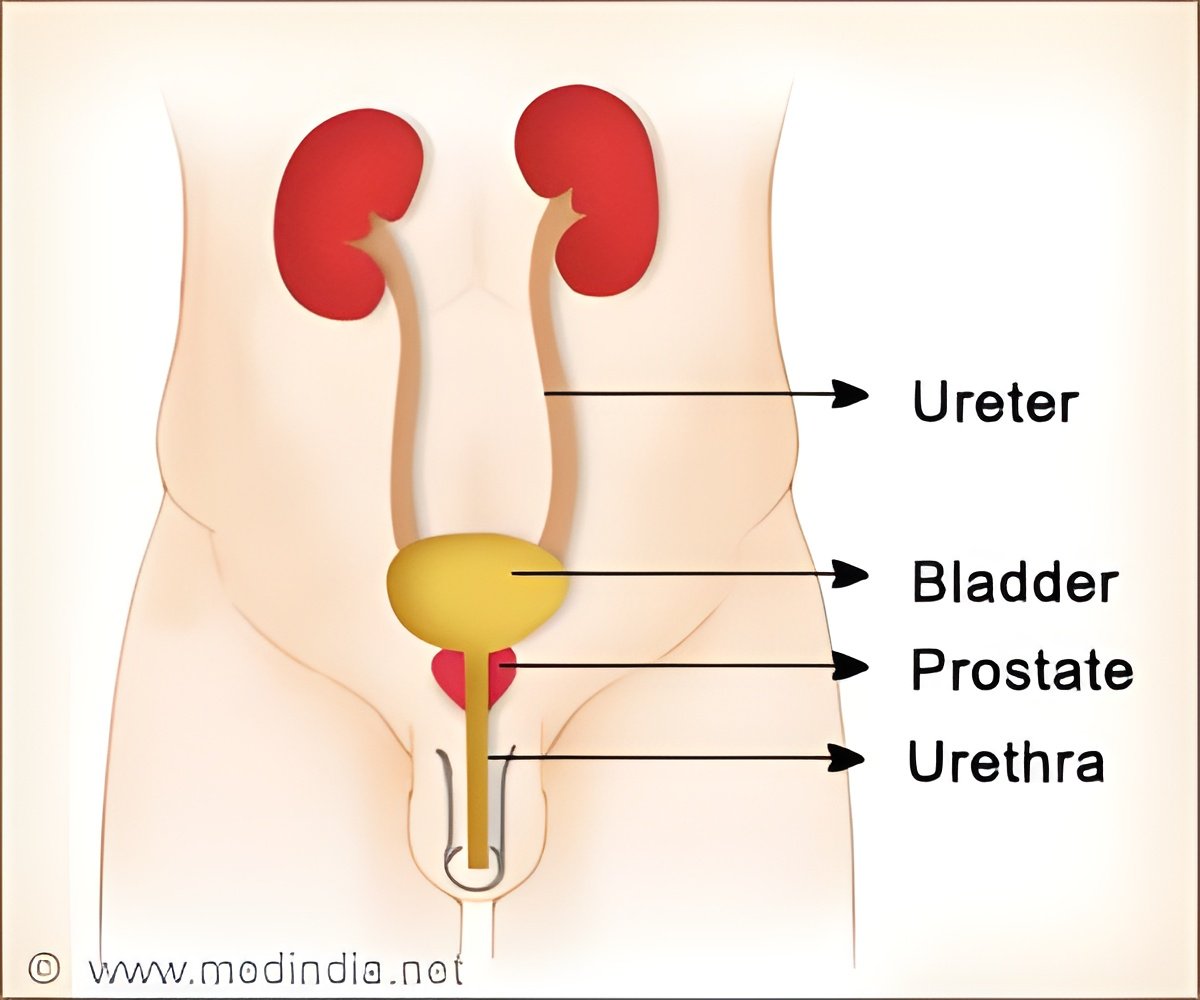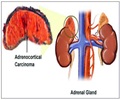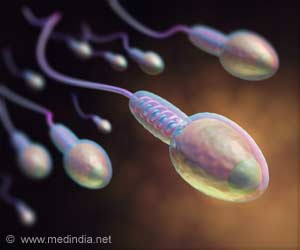The results indicate that the role of testosterone undergoes a transformation within individuals as they progress from adolescence to adulthood.

‘The role of testosterone undergoes changes within individuals as they transition from adolescence to adulthood. #Testosterone #Men'sHealth
’





The study, which included 71 participants, demonstrated that the positive effect of testosterone on aPFC engagement decreases from age 14 to age 17 and then shifts by age 20, when higher testosterone levels are linked with less aPFC activity. In contrast to adolescence, during young adulthood, testosterone - no longer related to pubertal development - may impede emotion control, as implemented by the aPFC (1✔ ✔Trusted SourceDevelopmental shift in testosterone influence on prefrontal emotion control
Go to source).
Testosterone Function Changes During Adolescence and Adulthood
The findings suggest that the function of testosterone changes within individuals across adolescence and adulthood. The study’s investigators note that many mood disorders tend to arise during adolescence, and additional research may reveal whether alterations in the interactions between testosterone and the brain may be related to this.“Testosterone typically tends to be associated with aggression or dominance behavior, whereas in fact it has multifaceted roles across different developmental periods,” said corresponding author Anna Tyborowska, PhD, of Radboud University, in The Netherlands. “The findings of the current study are important for understanding both typical and atypical maturational trajectories of the brain, as well as considering the impact of external factors (such as stress) on brain function and development.”
Reference:
- Developmental shift in testosterone influence on prefrontal emotion control - (https://pubmed.ncbi.nlm.nih.gov/37341037/)
Source-Eurekalert













